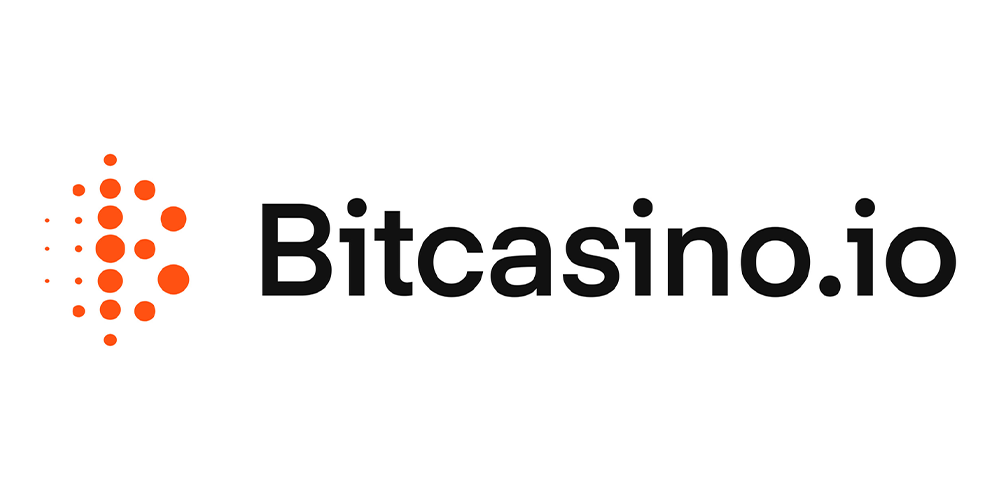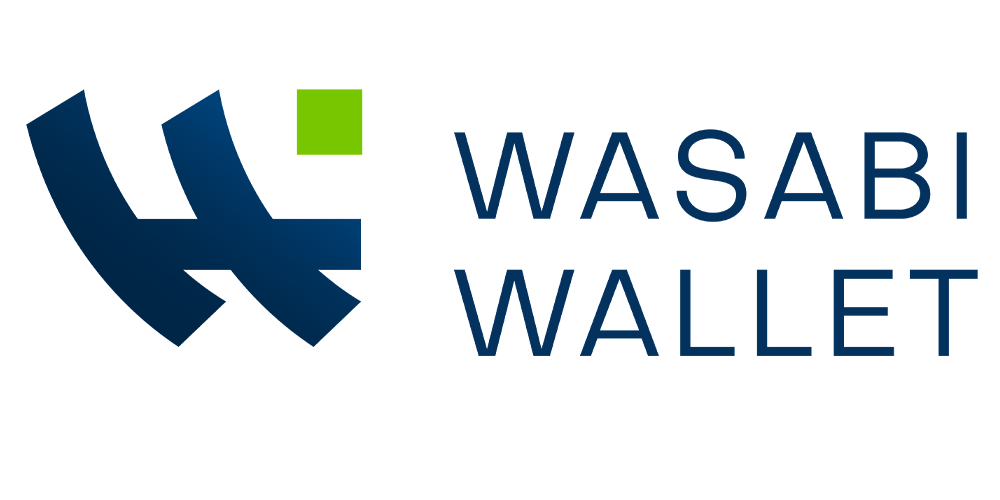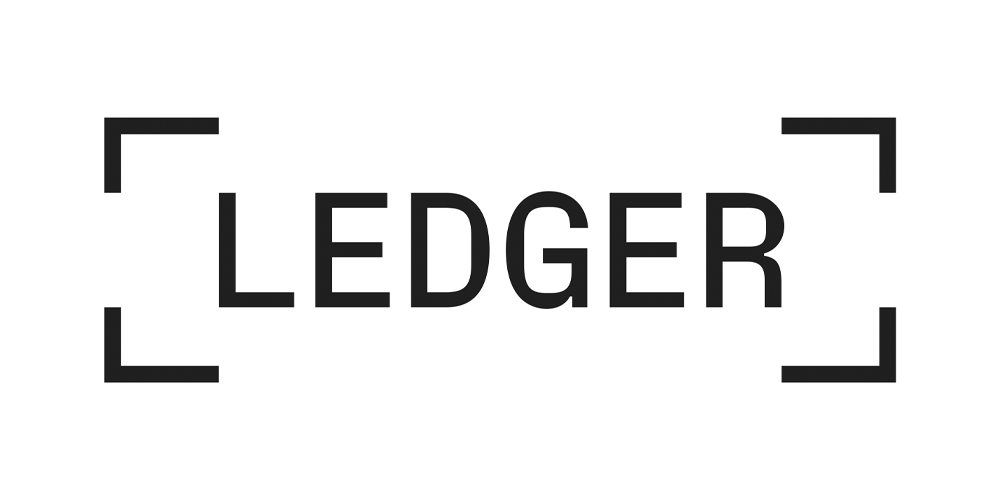Beginners Guide Part 3/3 - How to Buy & Hold Bitcoin with Dan Held
Where to find the show
Download Episode MP3 File
The file will open in a new window. Click down arrow to download the file.
“With Bitcoin, we’re finally free. We’re finally free with our money to do whatever we’d like with it…so if a government becomes onerous, and they start to crack down on transactions or crack down on different types of races, religions, etc., you can take your money and you can leave. And that ability, that freedom, is truly what it means to be a human, it’s truly to be financially free.”
SHOW DESCRIPTION
Dan Held is a Bitcoin educator and marketing advisor at Trust Machines. In this interview, we discuss how to get involved with Bitcoin: how to buy and store Bitcoin, how to spend Bitcoin, how to avoid scams, how to engage with the community, and the best Bitcoin-related books, podcasts and Twitter feeds to follow.
- - - -
This is the third in a series of special What Bitcoin Did shows aimed at opening people up to Bitcoin. In the first episode, we learnt that Bitcoin is a new form of money. In the second episode, were learnt what Bitcoin is and its technical features. In this episode, we discuss how to buy and hold Bitcoin.
To those new to Bitcoin it can feel overwhelming. Its ideological and technical basis can seem impenetrable. Actually acquiring Bitcoin is another hurdle that requires an appreciation of new concepts and implementing disciplines distinct from other types of investment. But, the technical skills and behaviours required are actually well within the capabilities of the majority of people.
To invest one must first learn about changing your time preference. Bitcoin is about discipline over a longer time frame. Volatility exists, but Bitcoin is volatile to the upside. In contrast, other over-hyped digital assets advertised as offering better returns hide extreme downside risks. Those who stay humble, hold (referred to as hodl) Bitcoin and avoid the human desire for quick returns, are best placed to benefit over the long term.
Then one must appreciate the risks associated with custody. Most people are overly confident in third parties keeping their assets. But, in both traditional finance and cryptocurrencies, there are many examples of such trust being broken. There is a famous Bitcoin mantra: “not your keys, not your coins”. In essence, if you don’t hold your Bitcoin, you don’t own the Bitcoin.
Taking ownership of your Bitcoin means having to be disciplined in how you secure that Bitcoin. But again, these are new behaviours to attain, not difficult skills to learn. And they are reinforcing. Self-reliance is what Bitcoin ideology is predicated on. It is part and parcel of becoming a good Bitcoiner. Further, these habits will naturally bleed into other aspects of your life. Becoming a better Bitcoiner is synonymous with becoming a better person.
TIMESTAMPS
00:01:23: What is Bitcoin?
00:01:54: Advice for buying, investing, trading Bitcoin
00:03:29: Other cryptocurrencies
00:04:25: How to buy and store Bitcoin
00:09:50: Bitcoin hardware and software wallets
00:11:28: Setting up a hardware wallet
00:14:25: Spending Bitcoin, and the Lightning Network
00:15:58: Bitcoin nodes explained
00:17:19: Scams and how to avoid them
00:19:34: Getting involved in the Bitcoin community
00:20:43: Recommended books, podcasts and bitcoiners to follow
00:22:29: How to be a good bitcoiner
00:23:19: Why Bitcoin is important
00:24:13: Bitcoin's volatility
00:25:34: Lessons learned about investing in Bitcoin
00:27:23: Final comments
SUPPORT THE SHOW
If you enjoy The What Bitcoin Did Podcast you can help support the show by doing the following:
Become a Patron and get access to shows early or help contribute
Make a tip:
Subscribe on iTunes | Spotify | Stitcher | SoundCloud | YouTube | TuneIn | RSS Feed
Leave a review on iTunes
Share the show and episodes with your friends and family
Subscribe to the newsletter on my website
Follow me on Twitter Personal | Twitter Podcast | Instagram | Medium | YouTube
If you are interested in sponsoring the show, you can read more about that here or please feel free to drop me an email to discuss options.
SPONSORS
SHOW NOTES
Connect with Dan:
On Twitter
Glossary:
Altcoins: Any cryptocurrency other than Bitcoin.
Bitcoin bear markets: A period of time when the price of Bitcoin is decreasing.
Bitcoin bull markets: A period of time when the price of Bitcoin is increasing.
Bitcoin Nodes: Bitcoin nodes are computers that are connected to the Bitcoin network, using a version of the Bitcoin software to download and check both the history and current changes to the Bitcoin blockchain. Each time a new block is produced the nodes help to validate (i.e. check the rules have been adhered to) and broadcast the new Bitcoin transactions across the network. There are thousands of people and organisations around the world running nodes. It is the consensus of these nodes that keeps the network secure.
Bitcoin on-chain: Bitcoin transactions that are recorded on the blockchain.
Bitcoin transaction fee: A small fee paid to a Bitcoin network when a user sends or receives a Bitcoin transaction. The fee is used to incentivize miners to process and confirm the transaction on the network. The fee amount is determined by the transaction size and the current demand for blockspace.
Bitcoin wallet: A digital wallet storing cryptographic keys that allow the sending and receiving of bitcoin.
Public/private keys: Cryptographic codes used to access and receive bitcoins on the blockchain, these are managed by a wallet and generated by a wallet seed.
Bitcoin wallet seed: A master cryptographic private key that can recreate an entire Bitcoin wallet. A seed often comes in the form of 12 or 24 sequential english words (BIP-39) written on paper or stamped into metal to provide a backup for a Bitcoin wallet. Each wallet seed is unique and must be kept secure in order to prevent unauthorised access to the wallet. The seed is used by the wallet to derive private keys associated with the wallet, those keys in turn generate addresses and sign transactions.
Crypto: Short for “cryptocurrency”, a digital asset designed to work as a medium of exchange that uses cryptography to secure its transactions, control the creation of additional units, and verify the transfer of assets. Whilst this definition at face value would include Bitcoin, many Bitcoiners make the distinction that Bitcoin is distinct from other cryptocurrencies due to its unique design, development and decentralisation.
Fiat Currency: Fiat means ‘by decree’ or more specifically “let it be done.” It’s money that is accepted as payment because of government regulation or because it is declared legal tender by the government (e.g. US dollar, British pound, the euro, Japanese yen, Chinese yuan etc.).
Full node: A computer that stores a full copy of the Bitcoin blockchain and helps to validate transactions and more privately interact with the Bitcoin network.
Bitcoin hardware wallet: A type of wallet that stores Bitcoin private keys on a physical device that is not directly connected to the internet. Private keys are stored in a specially designed secure element making it very difficult without expensive specially designed tools to extract the private keys even with physical access to the device. Offline (or “cold”) storage is an extremely secure way to store money (especially large amounts).
Hot Bitcoin wallet: A type of Bitcoin wallet that is connected directly to the internet which could make it vulnerable to a targeted hack or malware. These wallets can be software running on a desktop or laptop computer, or even a mobile phone, and are often used for smaller amounts of “spending money” where ease of access is prioritised over maximum security.
Software Bitcoin wallet: A type of wallet that stores Bitcoin private keys on a software program held on a computer or mobile device. These are typically “hot” wallets.
Know your customer (KYC): A process financial institutions are mandated to use by governments to verify the identity of their customers. It is associated with anti-money laundering legislation. Bitcoiners are concerned about the negative impacts of such requirements on the right of individuals to financial privacy.
Lightning Network: A second-layer payment protocol built on top of the Bitcoin blockchain, designed to enable very fast and cheap transactions.
Non-custodial Bitcoin wallet: A type of wallet where the user is solely responsible for their private keys for their Bitcoin. This differs from custodial options where a third party, such as an exchange, holds the keys for a person's Bitcoin.
Nostr: Nostr, which stands for “Notes and Other Stuff Transmitted by Relays”, is an open protocol that enables global, decentralised, and censorship-resistant applications such as social media.
Orange-pilled: A term used to describe someone who has embraced the Bitcoin thesis, and the technology behind it, and as a result, become immersed in the Bitcoin culture. "Orange piling" is the term used to describe onboarding others into the Bitcoin culture.
Peer-to-peer: Peer-to-peer or “P2P” is a type of network connection where each computer in the network can act as a client or a server for the other computers in the network. Peers are connected directly eliminating the need for a central authority. Bitcoin leverages P2P technology in its protocol to achieve decentralisation, enabling network participants to achieve consensus and conduct transactions without needing any middle-man, intermediary or central server.
Risk-adjusted return: A measure of return that takes into account the amount of risk taken to achieve the return.
Satoshi: Named after the pseudonymous creator of Bitcoin, a satoshi is the smallest unit of bitcoin, equal to 0.00000001 BTC.
Mentioned in the interview:
Tales from the Crypt - A Bitcoin Podcast, Marty Bent and Matt Odell
Bitcoin Fundamentals - Preston Pysh, The Investors Podcast Network
Cryptocurrencies: Last Week Tonight with John Oliver (HBO) - Last Week Tonight, Youtube, Mar 2018
Other Relevant WBD Podcasts:
WBD631: Beginners Guide Part 2/3 - What is Bitcoin? With Harry Sudock
WBD631: Beginners Guide Part 1/3 - Why Bitcoin? With American HODL
WBD597: How Lightning Drives Global Bitcoin Adoption with Danny Scott
WBD587: How the IMF & World Bank Exploit Poor Countries with Alex Gladstein
WBD575: Censorship & State Capture with Nic Carter & Lane Rettig
WBD551: Fedimint & the Future of Bitcoin Custody with Obi Nwosu
WBD549: Why Bitcoin is the Best Monetary Network with Lyn Alden
WBD518: Bitcoin Privacy with Matt Odell
WBD185: The Beginner’s Guide to Bitcoin Part 4: What is Bitcoin with Stephan Livera












